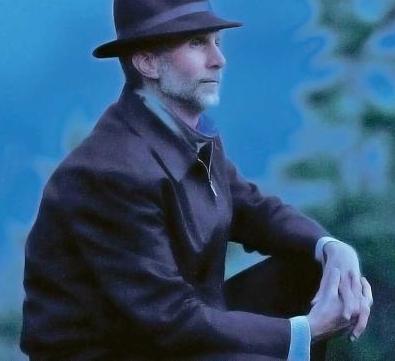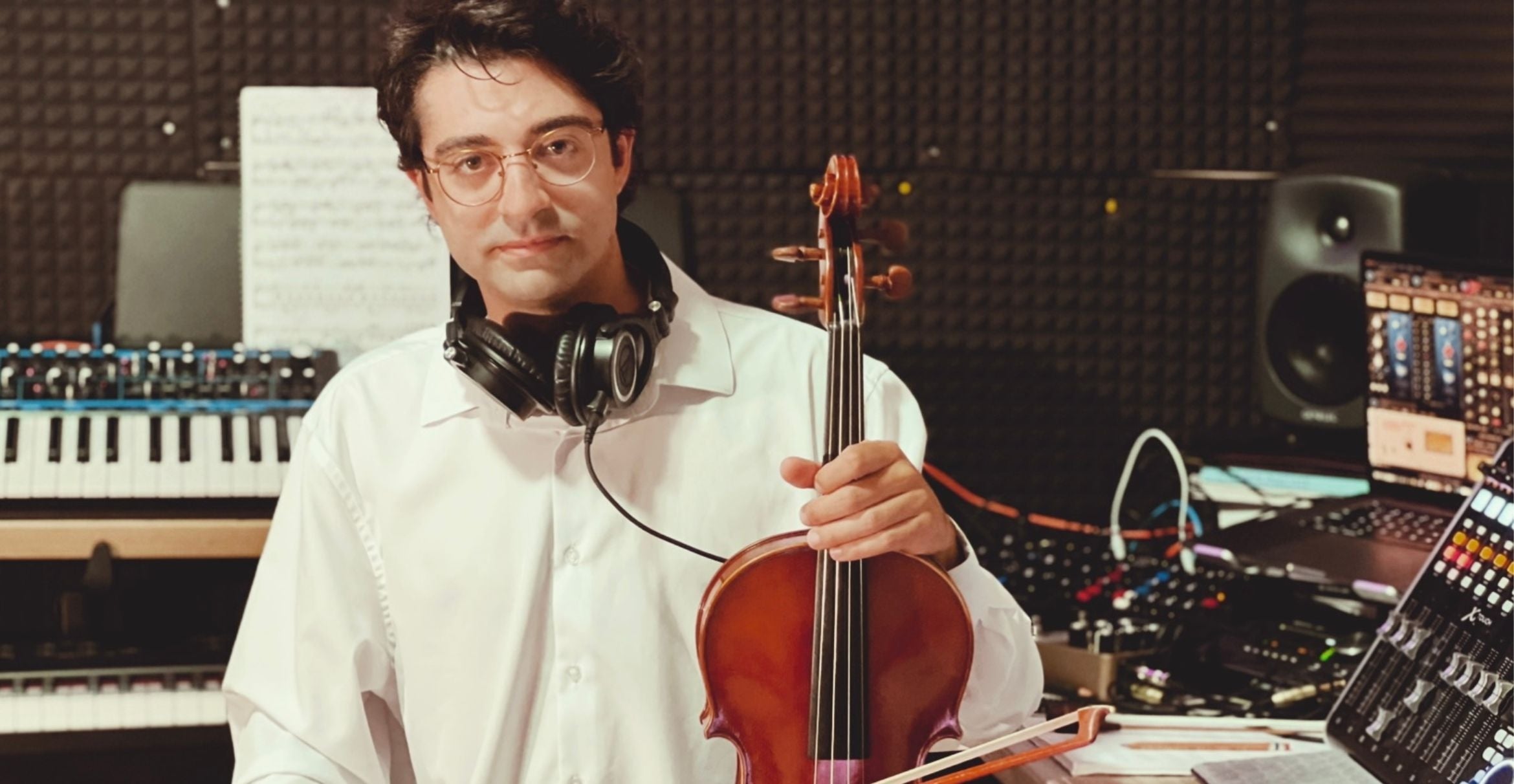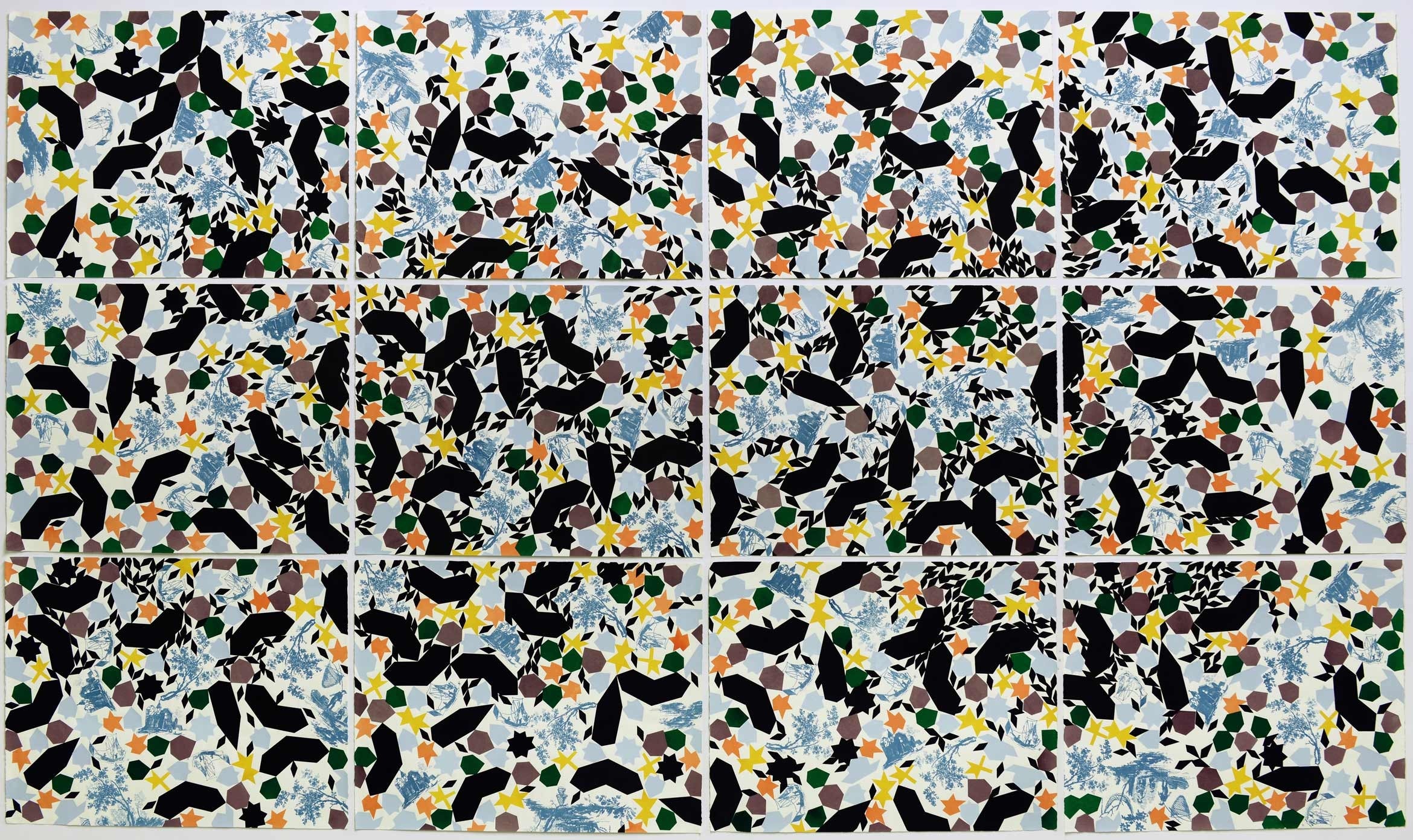
Music of the Anthropocene
A growing number of geologists believe humans have left the Holocene and entered a new period — the Anthropocene — in which the dominant geologic force is humanity itself.
What does this mean for music? And what does it mean for a composer, or for any creative artist, working in any medium today? Can music be engaged with current events and at the same time remain detached from them?
John Luther Adams, who received a Pulitzer Prize for his composition “Becoming Ocean,” will discuss these and other questions at a talk Thursday, June 4. It is part of the UCSB Interdisciplinary Humanities Center’s (IHC) yearlong series “The Anthropocene: Views from the Humanities.”
Adams’ talk, “Music of the Anthropocene,” will begin at 4 p.m. in the McCune Conference Room, 6020 Humanities and Social Sciences Building. It is free and open to the public.
“For our ‘Anthropocene’ public events series, we wanted to approach the topic of current environmental threats and challenges from many different angles and perspectives,” said Susan Derwin, director of the IHC and a professor of comparative literature. “John Luther Adams’ music reflects a profound environmental sensibility and a deep investment in exploring the ways that human beings can expand their relationship to nature.”
Music, especially when it is heard outdoors, can be a means of becoming attuned to the environment through what Adams has called “ecological listening,” Derwin continued. “What’s extraordinary about Adams is that he both composes music and writes about the natural world, including his life in Alaska,” she said.
Adams’ work as a composer is deeply rooted in the natural world. He composes for orchestra, chamber ensembles, percussion and electronic media. His new composition, “Sila: The Breath of the World,” will have its west coast premiere at the Ojai Music Festival, which begins June 10.
“Having a brilliant composer address issues relating to the Anthropocene in an artist’s talk will be a marvelous opportunity to expand awareness of pressing environmental issues and also to remind people that music can be a powerful means of inspiring change,” Derwin said.



